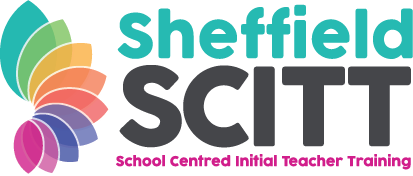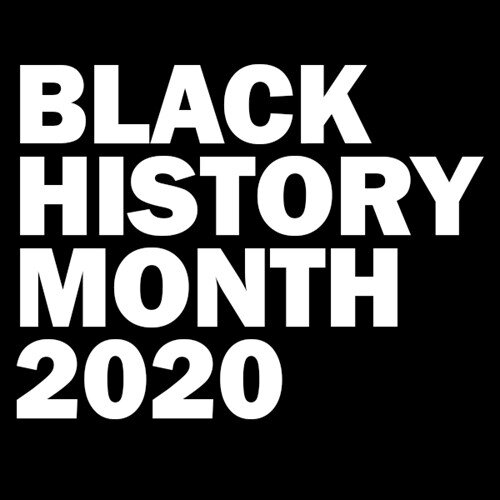Black History Month
It’s time to look at Black History Month again with a fresh pair of eyes.
I’m really excited about ‘Black History Month 2020’. As educators, we have an important and timely opportunity here. This year- with more urgency than ever- we are being called to look again at our Black History Month provision- with clear, ‘2020’ vision.
Following the widespread Black Lives Matter protests in the summer term, many educators felt galvanised to immerse themselves in anti-racist reading. Texts by Eddo-Lodge, DiAngelo and Kendi were flying off the virtual book shelves. Many educators sought out anti-racism training and began to ask critical questions of their teaching practice. Some even felt empowered to bring their school’s policies into focus, scrutinising hair policies and ‘one-size-fits-all bullying’ policies, to name but a few.
We’ve made a good start. But what next? As I write this, we are but a few days away from October, and for Primary schools and Secondary schools across the UK that means Black History Month. So what does an anti-racist Black History Month look like? To answer that question, we must return to one of the core principles of anti-racism.
Central to anti-racism education is the message that we need to diversify the voices in our curriculum. As educational consultant Pran Patel puts it, in order to remove the structures of white supremacy, we ‘need to start with the premise that the curriculum [itself] is a narrative’. We need to identify the problematic societal discourses we are upholding in our classrooms without even realising it. For example, what messages are we giving to students- consciously or not- about the British Empire? What aspects of our national history do we evade when we are teaching about the Industrial Revolution? Which aspects do we foreground? To what extent do we omit or detract from the horrors of colonialism?
And this is why Black History Month is problematic. We are not facing up to the issue itself. Why are the stories of minoritized people excluded from our curriculum for the majority of the school year?
“Compartmentalising Black history and discussing it in isolation for one month a year does not encourage an inclusive, joined-up view of history. It further compounds the problem. We need to ask ourselves: who is missing from the topics and the stories that we teach? For example, when teaching about the Roman Empire, why don’t we teach our students about Septimius Severus, the Black Roman Emperor who ruled over large parts of this country? When teaching about great early civilizations, are we educating our students on the ancient Ethiopian empire? Or are we unconsciously upholding the discourse that civilisation is something that is linked to whiteness? By teaching in narrow ways, we are complicit in preserving systemic racism.”
Apportioning blame and shaming ourselves isn’t helpful. The reason why we’ve been shaping stories to fit these familiar narratives is because the vast majority of us don’t know any different. We have been socialised to think this way. Our world view is influenced by our own experiences of the education system and all aspects of the media. However, 2020 has empowered anti-racist educators to say: enough is enough. We need to educate ourselves and take action.
Black History Month 2020 is the perfect opportunity to tackle racial socialisation i.e. systemic racism head on in the classroom. Invite your Black and POC students to help you with the planning process. What do they think is missing from the curriculum? What do they find problematic? Listen and learn from them. Be guided by the voices and experiences of minoritized groups. Work together to draw up a list of topics you want to address this Black History Month as a school. Identify your key messages and action points and share these with staff and students. Then, as a school community, support each other in continuing with this important work for the rest of the academic year- and beyond. We should be really excited about ‘Black History Month 2020’. It’s time to look at our provision with a fresh pair of eyes. It’s time to change the narrative and break the cycle.
Please get in touch by emailing AntiRacismEducation@hallamtsa.org.uk to find out about how your school can get involved with our Anti-Racism in Education Training. Alternatively, find out more here Anti-Racism Training offer.





